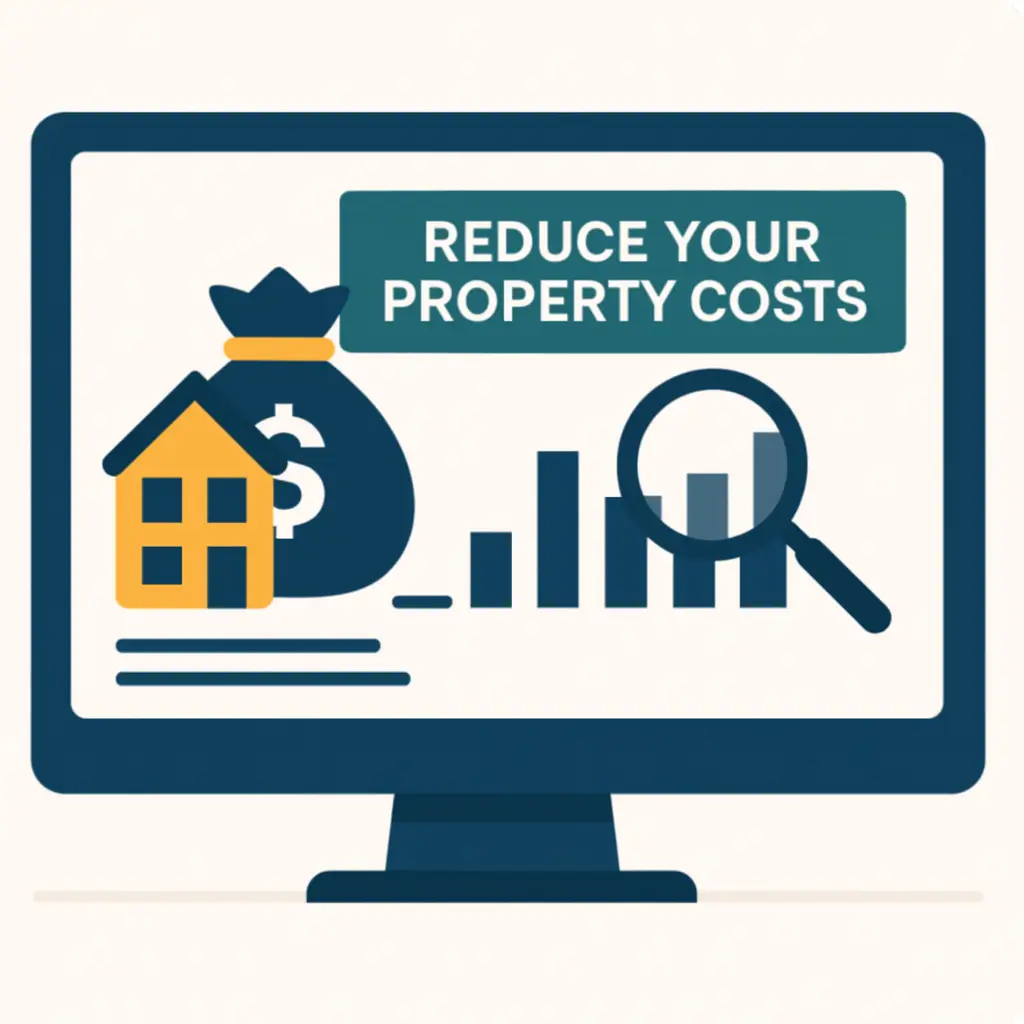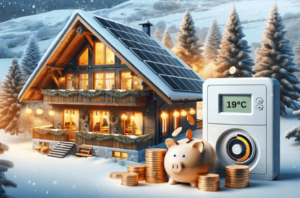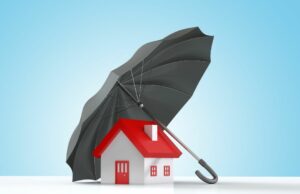Owning a house or condo inevitably involves a host of monthly expenses that, if not optimized, can lead to hundreds of dollars in overpayments each month. However, with good management and informed decisions, it's possible to reduce your property costs without sacrificing your quality of life.
From insurance to internet, energy costs and taxes, these recurring costs represent a significant portion of homeowners' budgets.
In fact, most of the actions you can take are very simple and require very little time. Once you've implemented the actions mentioned in this article, you'll save money every month without even realizing it.
This article aims to provide homeowners with the information they need to understand their monthly expenses, develop a suitable budget, and discover tips for minimizing costs in various expense categories related to property costs.
By focusing on key aspects such as energy efficiency, insurance, home security, water consumption, and sustainable heating and cooling solutions, we offer practical advice to reduce monthly expenses.
Additionally, by addressing the importance of energy independence, such as installing solar panels, this article guides homeowners toward significant savings, while promoting sustainable living.
List of monthly property expenses
Here is a simple list of common monthly expenses for homeowners.
- Mortgage (principal and interest)
- Home insurance
- Mortgage insurance
- Energy costs
- Municipal and school taxes
- Internet
- Maintenance and repairs
Other monthly fees
Other monthly fees may apply depending on the specifics of your property, such as if it's a condo, or if you use a fireplace or stove that runs on natural gas or propane.
- Natural Gas or Propane: For properties that use gas for heating, cooking, or hot water.
- Condominium fees
- Security (Costs associated with alarm and surveillance systems for property protection.)
Reduce your heating and cooling costs
Hydro-Québec indicates on its website that more than half (54 %) of your electricity bill comes from heating and air conditioning.
Then, hot water represents 20%, while household appliances and electronic devices account for 18%.
The remaining 8% are allocated to lighting as well as the operation of specific equipment such as the pool pump and carpentry tools.
Why invest in a heat pump?
Investing in a heat pump is a wise decision for several reasons, including its energy efficiency and long-term savings. Heat pumps, which can provide both heating in winter and cooling in summer, harness the energy of the outside air to regulate indoor temperatures in an environmentally friendly and cost-effective manner.
This ability to reverse the thermal cycle, depending on the season, makes heat pumps a particularly versatile and energy-efficient alternative to traditional heating and cooling systems.
The efficiency of a heat pump lies in its heat transfer process rather than producing heat through combustion or electrical resistance, which results in significantly reduced energy consumption.
For every unit of energy consumed for its operation, a heat pump is capable of producing several times that amount in thermal energy, which greatly reduces energy costs for homeowners.
Recognizing the environmental and economic benefits of heat pumps, Hydro-Québec offer of subsidies and financial incentives to encourage their installation in homes.
In short, choosing a heat pump is beneficial for both the consumer's wallet and the planet, and government subsidies make this investment even more accessible and attractive.
Insulation and Waterproofing
Improving your home's insulation is not only an effective way to reduce energy costs for heating and cooling, but it's also an initiative supported by financial incentives through the program Renoclimat, whose aid will be increased from May 1, 2024.
Whether insulating the roof, exterior walls, foundations, or exposed floors, each improvement contributes to increased resistance to winter cold and excessive summer heat, making it easier to maintain a comfortable indoor temperature while controlling energy costs.
Specifically, work aimed at increasing the insulating value of the roof requires insulating at least 20 % of its total surface area to be eligible for financial assistance, which varies from 35 $ to 975 $ depending on the type of roof and the improvement in insulating value achieved.
For exterior walls, if you're considering replacing the cladding, this is the perfect opportunity to improve their insulation. A similar criterion of at least 20 % of the total surface area to be insulated applies, with financial assistance ranging from 295 $ to 2,440 $.
Foundation insulation, including basement foundation walls and rim joists, as well as exposed floors above unheated spaces, also offers significant financial assistance potential, up to 1,625 $ for foundations and 245 $ for exposed floor insulation, with an emphasis on a significant improvement in insulating value.
These financial incentives aim to encourage homeowners to invest in the energy efficiency of their homes, thereby reducing their energy bills.
To benefit from this assistance, consult the Rénoclimat Participant Guide and obtain an energy assessment report detailing the most relevant insulation work for your home.
Intelligent Temperature Management
Wisely managing water consumption in your home not only conserves a precious resource, but also saves money on your bills.
One of the most effective ways to achieve this is by installing flow reducers on your sanitary fittings, such as showers and faucets.
These simple but ingenious devices allow you to limit the amount of water used without negatively impacting your user experience.
By reducing the flow rate, they directly reduce the amount of water consumed and, by extension, the amount of water requiring heating.
This translates into significant savings on both water-related costs and the energy required to heat that water. Adopting flow reducers is therefore both an ecological and economical approach, offering a dual benefit without compromising your daily comfort.
Secure and Save: Security Systems and Insurance Management
Installing advanced security systems in your home goes far beyond simply protecting against intrusions or other risks; it can also result in substantial financial savings.
Insurers recognize the value of increased security measures by offering preferential rates on home insurance premiums for residences equipped with such systems.
These discounts are granted due to the reduced risk of burglary, fire, or other incidents, making investing in a modern security system both beneficial to your personal safety and financially advantageous.
At the same time, it's crucial not to neglect the management of your insurance contracts. Taking the time to regularly compare the different insurance offers on the market and entering into negotiations with your current insurer can lead to significant savings.
Terms, coverage, and rates can vary significantly between providers, and even minor adjustments to your current contract can result in significant reductions in your premiums.
Therefore, a proactive and informed approach to managing your insurance, combined with the installation of modern security systems, represents an optimal strategy for securing your home while optimizing your expenses.
Conclusion
Achieving a significant reduction in homeownership expenses is fully achievable through a series of smart changes.
By focusing on key areas such as improving energy efficiency, effective water management, adopting environmentally friendly maintenance practices, and carefully selecting insurance coverage and security systems, homeowners have the ability to significantly lower their ownership costs.



